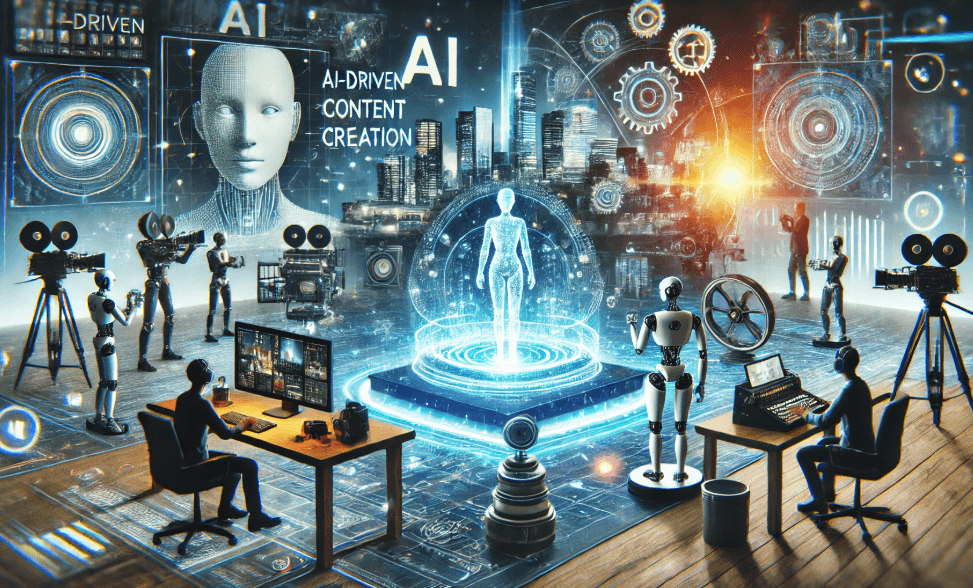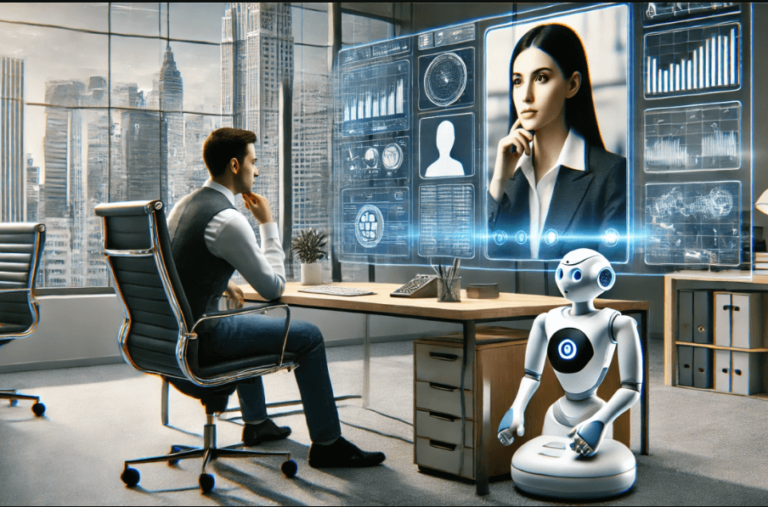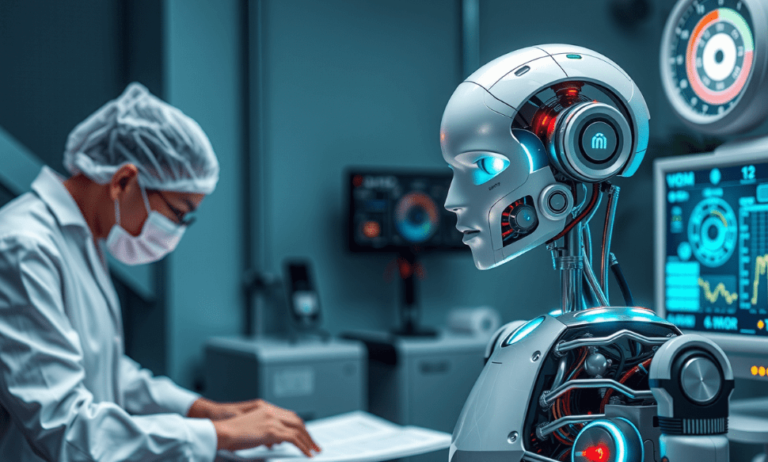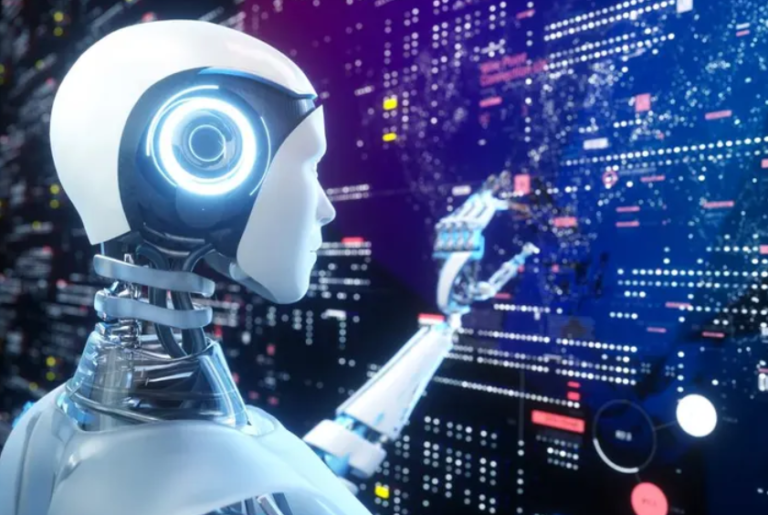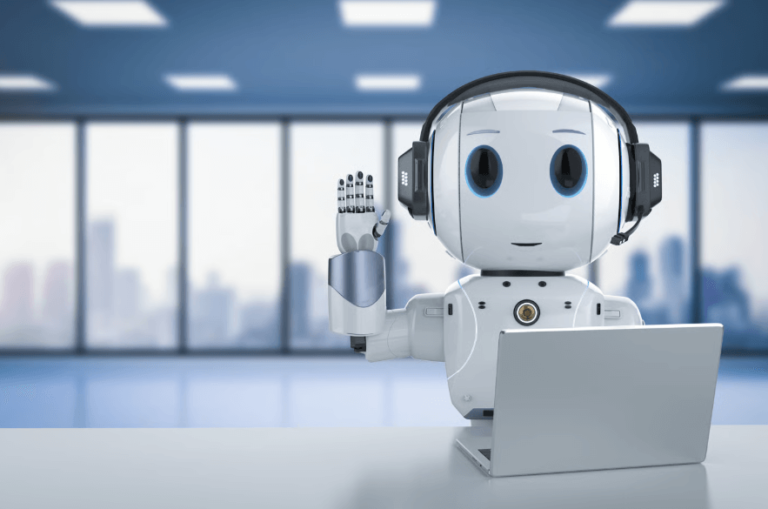How Artificial Intelligence Is Transforming the Film Industry
Artificial Intelligence is reshaping the film industry in various significant ways. From scriptwriting to marketing, AI technologies are streamlining processes and enhancing creative decision-making. Algorithms now assist in narrative development and character arc creation, while casting tools improve role matching. Moreover, advancements in visual effects and production techniques offer new artistic possibilities. As these innovations continue to unfold, their implications for filmmakers and audiences alike warrant further exploration.
AI in Scriptwriting and Story Development
As filmmakers increasingly seek innovative ways to capture audience attention, artificial intelligence has emerged as a transformative tool in scriptwriting and story development.
Through AI collaboration, writers can harness advanced algorithms for narrative generation, facilitating the exploration of diverse plotlines and character arcs.
This technology not only enhances creativity but also democratizes the storytelling process, allowing for unique perspectives to flourish within the industry.
See also: How Artificial Intelligence Is Changing Content Moderation on Social Media
Enhancing Casting and Performance With AI
A growing number of filmmakers are leveraging artificial intelligence to enhance casting processes and performance analysis.
AI casting tools analyze extensive actor databases, matching talent to roles with unprecedented accuracy.
Furthermore, performance analysis software evaluates actors’ past performances, providing insights that help directors make informed decisions.
This integration of AI not only streamlines casting but also fosters more nuanced portrayals, ultimately enriching the cinematic experience.
Revolutionizing Visual Effects and Production Techniques
The film industry is witnessing a transformative shift in visual effects and production techniques, largely driven by advancements in artificial intelligence.
Virtual cinematography enables filmmakers to create immersive environments efficiently, while automated editing streamlines post-production workflows.
These innovations not only enhance visual storytelling but also grant creators unprecedented freedom to explore their artistic visions, ultimately reshaping the landscape of modern filmmaking.
AI-Driven Marketing and Audience Engagement Strategies
While traditional marketing strategies have relied heavily on demographic data and broad audience assumptions, the integration of artificial intelligence is revolutionizing how films connect with viewers.
AI-driven data analysis enables precise audience targeting, allowing filmmakers to tailor campaigns to specific interests and preferences. This shift enhances engagement and fosters deeper connections, ultimately leading to more successful releases and a more liberated viewing experience.
Conclusion
In conclusion, the integration of artificial intelligence in the film industry represents a significant shift in creative processes, enhancing scriptwriting, casting, production, and marketing. As filmmakers harness these advanced technologies, they unlock new realms of storytelling and audience engagement. However, one must ponder: will the rise of AI enrich the artistic integrity of cinema, or will it overshadow the human touch that has long defined the industry? The future of film may depend on this delicate balance.

